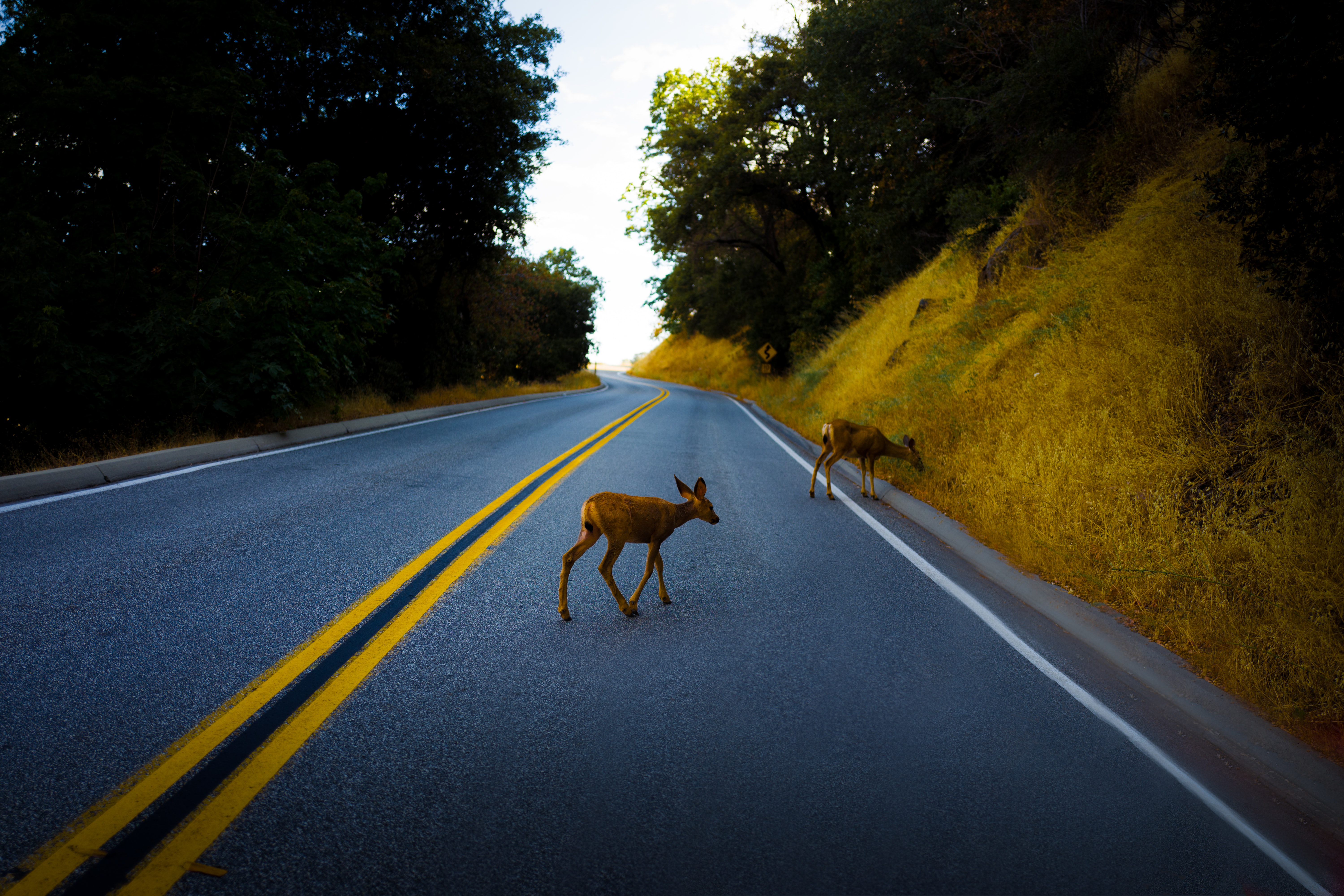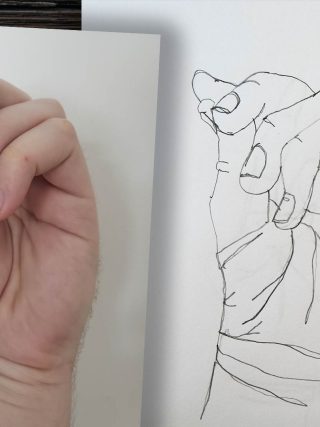This article is written in response to the White Bear Press’s April 27, 2022 publication about my data practices request. This information was sent to Press staff before and after the article went to print, and they declined to publish a follow-up story that would hold the city accountable. It is my hope to raise the public’s attention to numerous shortcomings with Mahtomedi’s deer management plan. The printed story was a selective edit of the larger truth.
Regarding the Press’s previous story about my data practices requests about the deer hunts, I wanted to provide the public with some clarity on what was omitted from print. The previous story skipped over very necessary contextual details.
My first data request was September 21, 2021. By contract, before engaging in any hunting, Metro Bowhunters (MBRB) was required to provide to the city liaison a certificate of general liability insurance before any hunting could occur. The city did not have this until December 8. MBRB was required to provide the names and addresses of its hunters to the city prior to the first hunt date (which was October 14) and was also required to provide written releases of liability. I requested these again on October 7 and November 8. The city was not in possession of redacted versions of these until November 30, well after six hunt dates had elapsed and 28 deer were taken. The city had no written record to show it knew its contracted “sharpshooters” nor proof of their qualifications to provide services for hunt. There was no data showing the city scrutinized the selection of its armed volunteers. This should be concerning to residents. It’s for this very reason the MGDPA exists.
Additionally, key data were not given for inspection until months after they were requested, including over forty different documents. On November 1, City Clerk Jerene Rogers emailed, “Deer management participant (bow hunter) forms which (sic) have been previously provided to you.” This stands in direct opposition to the city attorney’s communication on December 22, stating: “The city provided the certificate of liability insurance and names and addresses of hunters upon receipt, which was on December 8, 2021 and December 1, 2021, respectively.” How could the city provide data it did not have? Likewise, I did not receive the signed Resolution 2021-49, which adopted the deer management plan (that was passed on September 7) until January 9, 2022, seemingly well beyond the definitions of “prompt” and “reasonable” access. I still do not have unredacted waivers that demonstrate accountable persons in the event of an accident–neither does the city. Of further concern, the city was missing waivers for three participants, and the city failed to include notices required by state statutes in its contract. This appears to be a massive records management problem.
Importantly, MBRB refers to communities as “customers” and “landowner clients.”
MBRB explicitly states on its website that “MBRB hunts are not set up to provide recreational opportunities for bowhunters–the hunts are a service to the landowners in order to control deer populations.” Yet, the group recently sought to classify government service and volunteering as “recreational” in direct contrast to its literature and seemingly attempting to skirt MGDPA obligations. Let’s be clear: MBRB spent $15,000 and provided no public data to me. The city failed to provide all data requested for months and gave false statements about what it had provided.
The Data Practices Act (MGDPA) ensures the public has the right to know what the government is doing–including its volunteers and contractors. The legislation proposed would codify anonymity for those using dangerous weapons within our communities to perform lethal services on behalf of the government. Names of police officers have been public for decades. That’s no loophole, but what the hunters proposed would be an unprecedented exemption for special interest groups, especially after Becker-Finn legislated to make more private police data public and without the same expressed concern she shared for the hunters. It is also interesting that the DNR actively publishes a list of landowner deer licenses along with corresponding addresses. There does not appear to be any expressed concern of privacy invasion by the bowhunters or Becker-Finn in this regard. The double-standard is exceptionally clear. It is imperative for those doing government work to be accountable to the public–especially when weapons are involved. If the hunters don’t like it, they are still entitled to hunt privately without working for the government.
The reason there were so many data requests–and why they were increasingly more expansive–is because the city failed to provide all the data requested for inspection for months. These concerned concurrent data that the city was required to have on file. Because of those requests, I have data that proves the city was dishonest with me. Who else are they misleading?
I disagree with Mr. Lynn’s portrayal in the news that these requests were in any way related to “animal rights extremists,” much as I’m sure he would not like hunters to be painted as “radical gun extremists.” This fear-mongering appears to be a tactic the Sportsmen’s Alliance frequently uses to caricature any policy they don’t like as “radical” or “extreme.” It speaks volumes that the big guns of national sportsmen’s lobbying are coming to the aid to make this public data private–data that allows public scrutiny. This should raise larger concerns with what’s going on behind the scenes, especially since Lynn’s national organization has a history of litigating to delist endangered species for “sport.” One doesn’t need to be an animal rights activist to see the destructive nature behind policies he advocates for, nor the vie to keep his compatriot’s actions out of the public eye and away from scrutiny.
How many contracts have been breached? Why doesn’t the city have the legal names and proficiency certifications of those they authorized to kill deer with dangerous weapons in residential areas? The real issue is that there is almost no oversight into sharpshooter selection and certification, and MBRB seems to police itself. By the group’s own admission, recent growth “brought many challenges, not only for our organization but for our landowners as well.” As a group contracted by numerous government entities, their challenges are a matter of public concern–and safety.
The motive for setting up the culling became clear from the data. The primary concern was deer eating residential plants (frequently hostas) and had little to do with natural ecological damage. The Press archives show a consistent narrative about peoples’ flowerbeds. There was no data showing the city attempting to preserve already existing habitats, despite its “concern” about habitat loss. Those worried about ticks were informed by the DNR at public meetings that removing deer will not substantially lessen the transmission of Lyme’s. In fact, Harvard studies show tick abundance oscillates mostly irrespective of deer population. The primary vector of disease transmission to black-legged ticks is through mice, not deer. Yet, the stigma based on faulty information about deer and Lyme’s disease still persists in the community and in adopted city resolutions. Others were perturbed about deer poop, yet lacked any concern for other types of wildlife poop. And for those worried about chronic wasting disease (CWD), rest assured that the city is not doing anything to quell your concerns. There is no data showing any deer were tested for CWD, although concern for CWD was a rationale used to adopt the management plan. The tests were inexpensive and would have provided valuable data to the state to help stop disease spread. The city also didn’t test any deer for COVID.

Photo by Stephen Coffey.
Data also does not show the city has seriously looked into or attempted to implement other low-cost mitigation strategies to proactively prevent vehicle collisions. These could include seasonally placing signs with flashing lights at strategic locations, reducing speed limits in high-impact areas, and clearing more space within the road right-of-way to make deer more visible and give drivers more time to react. Further data from Washington County shows a high concentration of tickets for speeding, failure to drive with due care, and electronic device use on the same stretches of road as the city’s recorded log of deer-vehicle collisions. Road construction and full closure of CSAH 12/TH 244 presented an opportunity for the city to build wildlife crossings along this critical, well-known animal juncture. Since Mahtomedi prides itself on being a GreenStep City, this is an appalling oversight.
And that’s not the only oversight. Data appears to show that the city is failing to enforce its existing ordinances. Mahtomedi’s Parks Commission meeting on March 17, 2021 best exemplifies this. “Commissioner Metz asked how many feeder (sic) were spotted, Director Goebel stated that he was not in the helicopter but gave instructions to use tally marks for every feeder but was told after that there were too many to count, that they are everywhere and it ranged from piles of several hundred pounds of corn on the ground to small feeders but it was very evident where the deer are feeding with cattle paths going through the deer feeders. We plan to get code enforcement involved.” Data obtained showed only three code enforcement calls for 2021, two addresses of which were subject to verbal warnings the previous year. Would enlisting outside hunters be as necessary if the city appropriately enforced its codes?
There were too many feeders to count…
Everywhere, including piles of several hundred pounds of corn.
Lastly, a member of the public seeking access to government data is not newsworthy; what is newsworthy is what that data reveals. The requests were filed to see if the city and its volunteers were following their contract. The evidence shows they did not. I also wanted to see what research the city had done in its planning, as I disagreed that hunting was the only or best mitigation strategy. Data showed a laser focus on hunting and nothing else–something studies show is ineffective at long-term management. Is Mahtomedi really looking to solve its deer conflict or just provide convenient, pseudo-recreational opportunities to local hunters under the guise of deer management?
If these volunteers aren’t trophy hunters, then there should be data showing the surrender of antler racks and the donation of meat to nearby shelters–yet there isn’t any. Perhaps this should be a requirement of any future contracts.
The data request process revealed an unwillingness to provide full transparency to the public, including on the part of the Metro Bowhunters (from whom I still have not received their tax-exempt public disclosures). These data requests appear to show the city has a problem enforcing its own ordinances and contracts, issues with records management practices, and difficulty providing prompt data access to the public within a reasonable amount of time. It raises the question: what else does Mahtomedi have a problem managing?
Whatever those issues are, it seems the local news turns a blind eye on government accountability.
This article is a part of a series related to problems with the deer management in Mahtomedi and the city’s seemingly poor records management practices. For more information please see:
- Mahtomedi and Bowhunters Skirt Public Accountability (shorter read – overview)
- Metro Bowhunters Appear to Breach Contract With City of Mahtomedi (shorter read – contract and data practices)
- Disquieting Records Management Issues Uncovered in Mahtomedi (full report – problems with obtaining data, maintained records, and lack of oversight into the hunts)
- How Mahtomedi Failed to Implement Effective Deer Management (full report – an examination of various studies, mitigation strategies, and difference between effective strategies and Mahtomedi’s deer management plan)





